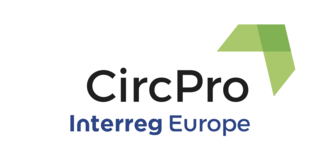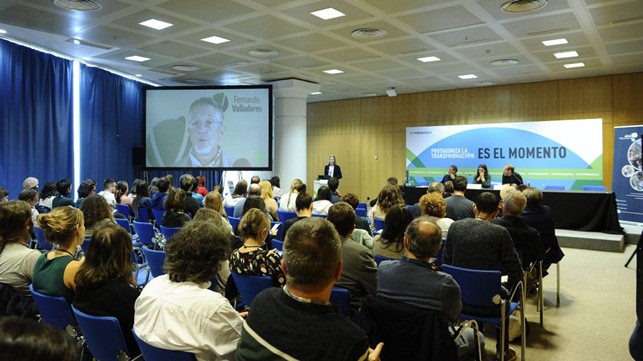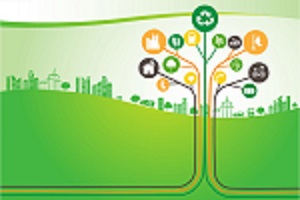The concept of circular public procurement is gaining more and more popularity in Bulgaria in the last year. The reasons for the positive attitudes are related to:
• The government must respond to „competitive pressure“ for providing better services at a lower cost, but also, using global markets offering increasingly efficient solutions;
• Public vigilance regarding the spending of public funds is growing;
• The definition of the Мost Еconomically Аdvantageous Тender (МЕАТ) is changing. Value is measured not only by price but also by the sustainability of the investment, including the „life cycle costs” and environmental and social impact;
• Major social challenges such as aging, climate change, or an accessible environment require solutions that do not yet exist or do not fall into traditional supply systems. As a result, public authorities are beginning to accept that they need to share with large and small companies the risk of finding new approaches.
In addition, circular public procurement supports the development of the "circular products and services" market by motivating manufacturers to develop products that meet "circular requirements" and make them a marketing standard. They set the trends in new product development, production and consumption, and thus help to transform already established markets. Public procurement is a strong factor in creating the main market for sustainable products - stationery, hospital supplies, electric cars, and organic food. As a result, new products, standards, and business models may emerge. With public sector customers ordering green products, it will be easier for businesses to invest in making their products and services more circular or developing new innovative solutions.
The analysis of the collected data shows that in the last three years (2017-2020) the public procurement market with circular/environmental criteria in Bulgaria has been growing, both in terms of their number and calculated by value indicators. From a 0.8% relative share to all public procurements in 2014, in 2017 green public procurements accounted for 4.9% of the announced public procurements in the country. In 2018, their share increased to 5.4%, and last year (2020) it reached 5.7%.
The main obstacle facing public contracting authorities in announcing a procedure of this type is the fear that the green/circular criteria may be declared discriminatory and create legal problems for contracting authorities related to appealing the procedures.
In order to support the public procurement market with green/circular criteria, the Ministry of Environment and Water envisages the inclusion of a definition of green public procurement in the Public Procurement Act. Thanks to these changes, contracting authorities will have greater clarity in the use of green/circular criteria in their procedures. The other important step for Bulgaria is the entry into force of the Circular Economy Strategy (2021-2027). This is the first strategic document for the country, which aims to implement public procurement with green criteria and recognizes the role of public contracting authorities in the field of the Circular Economy.
The circular public procurement market in Bulgaria is at an early stage of its development but has shown a rise in recent years, thus proving its potential. Thanks to projects such as CircPro and other Interreg Europe initiatives, a growing number of stakeholders have access to information on intelligent procurement and can successfully apply circular principles in their public procurement.














